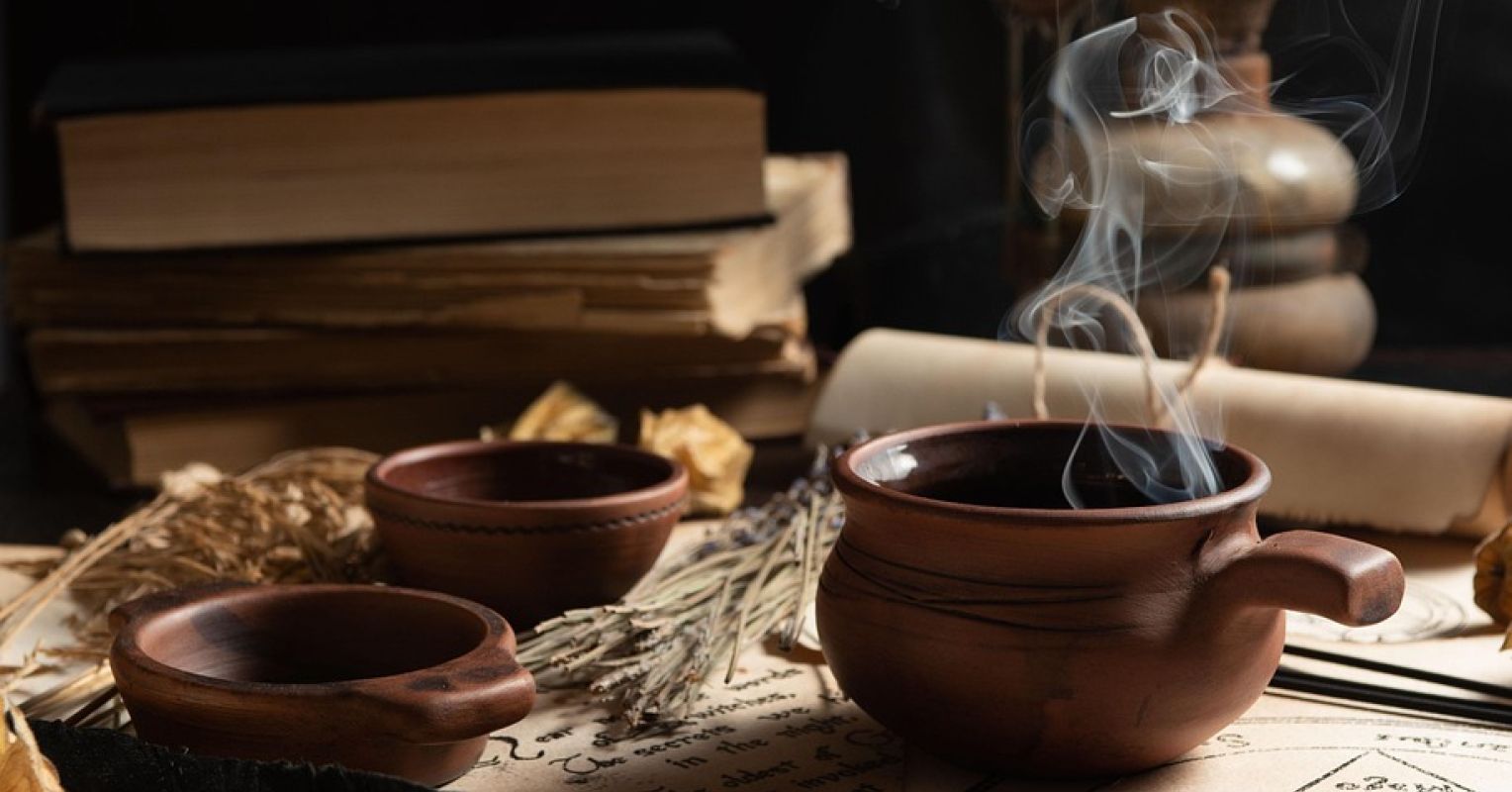
“My mom never came to my school events,” Nico shared quietly. “I remember being six, bathed by a stranger at boarding school. That’s one of my earliest memories.”
In some cultures, spiritual rituals are acts of care: A bracelet blessed for protection. A prayer whispered for love. These practices often come from love and tradition. But sometimes, without intention or awareness, what begins as care may feel constraining—especially when emotional connection is missing.
Nico grew up far from home. Boarding school at six. A move abroad at 17. He remembers phone calls in place of presence. He said he longed to stay, to feel closeness, but was told it was for his better future. “It felt like they were just getting rid of me,” he said.
Now in his forties, Nico stays connected to his parents through calls and support. He speaks respectfully about them. He sends gifts. But he hasn’t visited in years. “If I talk about the pain, it might bleed too much,” he said.
Nico described love as something you work hard for. Something you manage, protect, earn. His model of care was shaped through distance, structure, and ritual—a reflection of what his caregivers may have known or believed to be best.
Love and Loss
His first long-term relationship, with Ava, lasted more than 15 years. They shared cultural values and built a life together. But they never married, despite his proposals. Ava used to be a peaceful person who rarely caused conflict. However, in the years before she left, she became emotionally drained and anxious. They lived together but slept in separate rooms. Ava became angry and irritated, sometimes initiating physical fights out of nowhere. Friends said this wasn’t like her at all.
One night, Ava left without warning. She told friends she had felt stuck in the relationship for a long time. She couldn’t explain why she stayed so long — only that something felt off. Like her will wasn’t fully her own. She described it as something deeper than indecision, like an invisible pressure that made it hard to act on what she truly felt. Although we cannot know the cause of her distress, Ava’s experience reflects what some researchers describe as spiritual distress — a disconnection from one’s sense of self or autonomy, sometimes occurring in environments where there is emotional or spiritual pressure (Purcell, 1998).
Another Connection
Years later, Nico met Aria. Their connection was quick. Shared beliefs, style, and taste in music. He called it fate. He expressed care through thoughtful gestures—trips, gifts, paired souvenirs. His home smelled of incense. He said he lit it nightly for calm and energy.
But Aria said something felt off. She broke up with Nico five times in two years. After one breakup, she spent a week in bed. “I felt drained,” she said. “Like I wasn’t me anymore … It’s like I wanted to leave, but something held me there. I didn’t know what, just that I wasn’t fully me anymore.”
She reported anxiety, emotional exhaustion, severe migraines, and confusion. Though she couldn’t explain it fully, her experience mirrored what many feel when their boundaries are blurred or when relationships are driven by unspoken pressure to stay.
Nico often said he wanted deep emotional connection. But Aria felt that whenever she tried to express feelings, he would retreat. He found it hard to relax. He needed plans. Predictability. When conflict arose, Nico didn’t always talk through it directly. Instead, he often turned to rituals — incense or small spiritual acts — as ways to soothe or reset the energy.
In psychology, this is known as magical thinking — believing symbolic actions can influence outcomes (Keinan, 1994). This can be adaptive, but sometimes it becomes a way to manage emotional discomfort rather than engage in it.
Nico may not have intended harm. His patterns may have reflected a deep desire for connection, but also a fear of losing it. When care becomes tied to rituals, and emotional safety is missing, relationships may start to feel fragile or performative.
Research shows we often overestimate how free our choices are. In psychology, “forcing” is a term used to describe how choices can be subtly guided without awareness (Rensink & Kuhn, 2015). In spiritual or relational contexts, rituals may create a similar dynamic in which intention and influence become hard to separate.
Even those who rely on rituals may suffer. They may feel spiritually distressed, anxious, or emotionally over-attached. Studies on coercive control and spiritual abuse show that when autonomy is replaced by obligation, both parties may experience psychological consequences (Stark, 2007).
Healing Begins With Awareness
Nico’s story reflects something many of us live: repeating emotional patterns we didn’t choose. He isn’t necessarily cruel and his mother isn’t necessarily a villain. But they both may be shaped by a cultural and emotional system that confuses control with care.
This isn’t about rejecting rituals or traditions. Many are beautiful and grounding. But healing spiritual trauma means learning to notice when rituals replace emotional connection, protection becomes pressure, and love feels heavy instead of freeing. Love isn’t meant to feel like management. It’s meant to feel safe.
